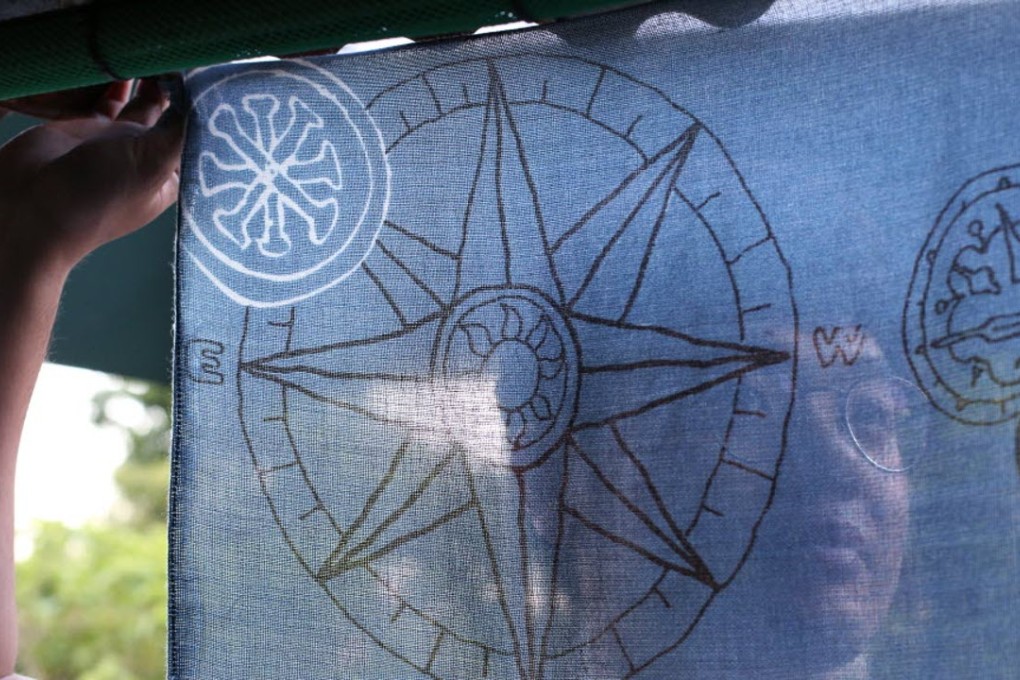Off the beaten track: Former piggery houses a Hong Kong workshop showcasing the most primitive ways of colouring a piece of cloth
Many people find it amazing that they can put their hands in the dye while surrounded by Hong Kong’s nature, says co-founder Karen Li

Nestled in the picturesque Tai Long Wan Tsuen, a village on South Lantau Island where no public transport is available and a permit is required if one is to drive there, the piggery-turned-dyeing house has attracted more than 2,000 people to pay for a trip there to have a taste of the most primitive ways of colouring a piece of cloth.

Indigo 11.50, where the number denotes the required pH value for indigo dyeing, has positioned itself as a workshop where the general public can have an introductory course to the ancient way of dyeing which, unlike the modern way done by chemicals, would not harm the environment or the skin – and has the added fun of producing pleasant surprises through less predictable results.
Operating the same way just as a traditional dyeing house, courses are only available between April and November as the pots of dye, like humans, need rest too, said To’s partner Karen Li Ka-man, who is responsible for marketing.
“Many [participants] find it amazing that this is something that they can experience in Hong Kong, surrounded by nature while putting their hands in the dye,” Li said.
Looking to the future, To aims to set up a farm to grow their own raw material, in addition to making tailor-made products such as mobile phone holders for backstage staff at theatres.
